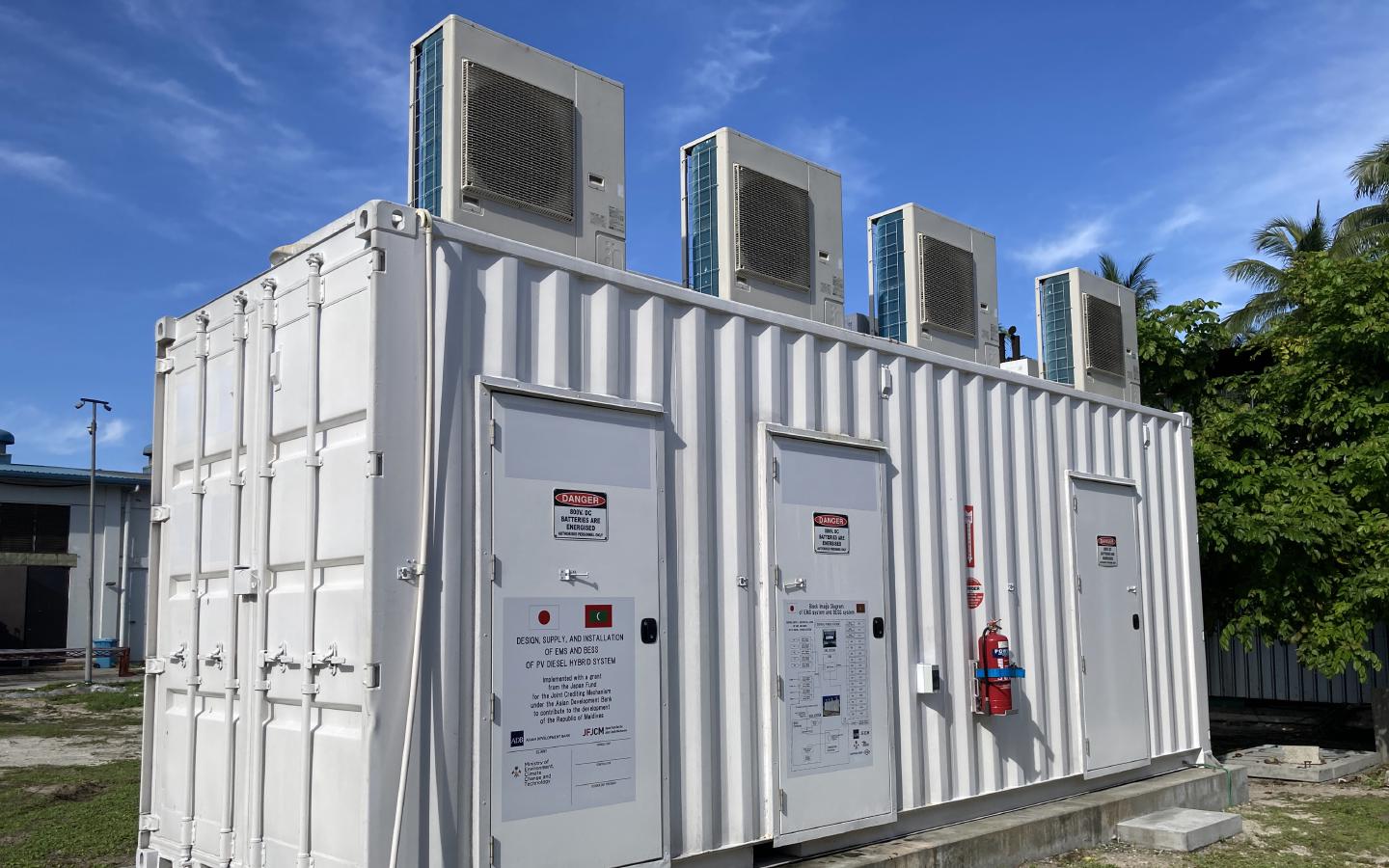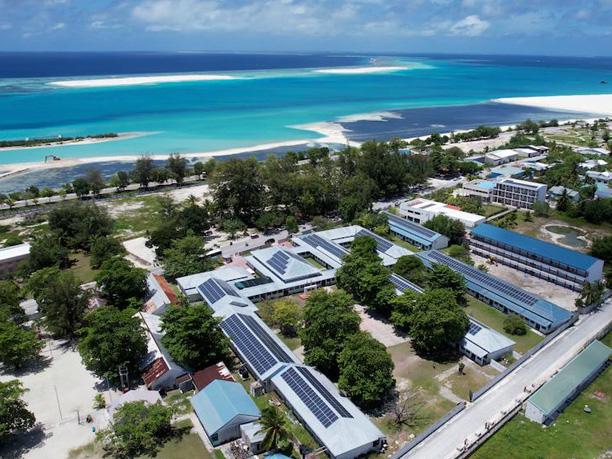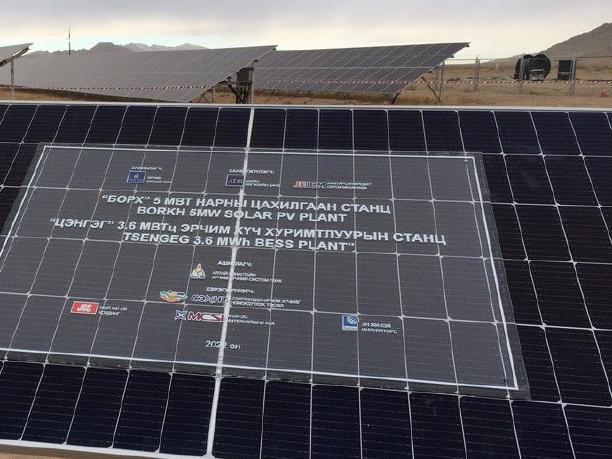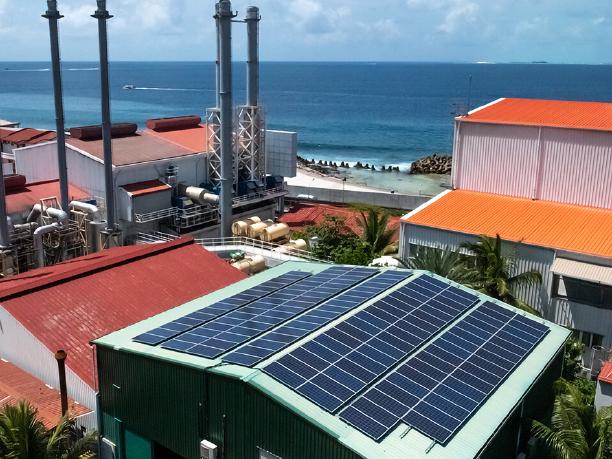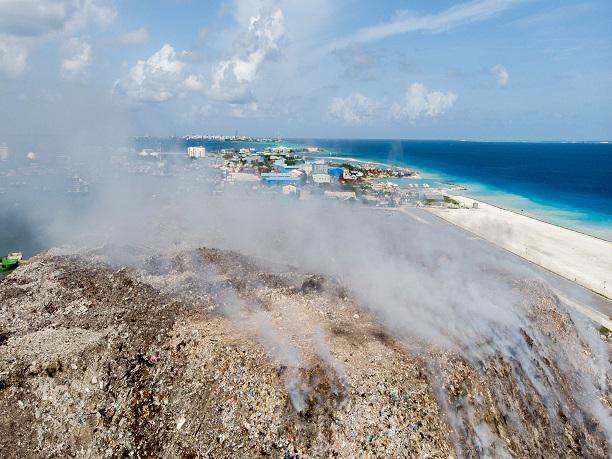Japan Fund for the Joint Crediting Mechanism
Year Established
2014
Partners
Cumulative Contributions Committed
$120.1 million
Project Commitments
Grants
$47.5 million for 7 projects
Technical Assistance
$4 million for 3 TA projects
Direct Charges
$1 million for 13 activities
The Japan Fund for the Joint Crediting Mechanism (JFJCM) aims to provide financial incentives for the adoption of advanced low-carbon technologies in ADB-financed projects utilizing the Joint Crediting Mechanism (JCM), a bilateral offset crediting mechanism initiated by the Government of Japan (GOJ). The fund offers opportunities to engage in projects with strong development characteristics and long-term climate change mitigation benefits and contributes to the global climate change and development initiatives, such as the Paris Agreement and the Sustainable Development Goals.
The JFJCM provides grants and technical assistance support to sovereign and nonsovereign ADB projects in developing member countries that signed a JCM bilateral agreement with GOJ, including Azerbaijan, Bangladesh, Cambodia, Georgia, Indonesia, Kazakhstan, the Kyrgyz Republic, the Lao People’s Democratic Republic, Maldives, Mongolia, Palau, Papua New Guinea, the Philippines, Sri Lanka, Thailand, Uzbekistan, and Viet Nam.
In 2023, GOJ provided its annual and additional contributions to the JFJCM amounting to $23 million, which is triple the amount of previous annual contributions, to accelerate the development of new projects. This includes the first contribution dedicated for methane emission reductions amounting to $2.3 million.
In 2023, ADB approved a total of $21.2 million as grants to three new sovereign investment projects for sustainable and renewable energy generation: (i) Geothermal Power Generation Project (Additional Financing) in Indonesia, (ii) Accelerating Sustainable System Development Using Renewable Energy Project in Maldives, and (iii) Disaster-Resilient Clean Energy Financing (Additional Financing) in Palau. These investments are expected to reduce greenhouse gas emissions and provide economic, social, and environmental co-benefits.
News
13 Sep 2023
ADB Approves Support to Expand Renewable Energy in Maldives
ADB approved a $50.5 million financing package to expand renewable energy development in Maldives. The project will be supplemented with funds from the Japan Fund for the Joint Crediting Mechanism, the Asia Pacific Climate Finance Fund, and private sector investments.
28 Nov 2022
ADB Launches Grid-Connected Solar and Battery Energy System in Uliastai, Mongolia
ADB and the Government of Mongolia inaugurated a grid-connected renewable hybrid energy system in Zavkhan province under the Upscaling Renewable Energy Sector Project. The system will provide about 8.8 million kilowatt-hours (kWh) solar-generated and 1.3 million kWh charged and discharged energy in the Altai-Uliastai energy system.

